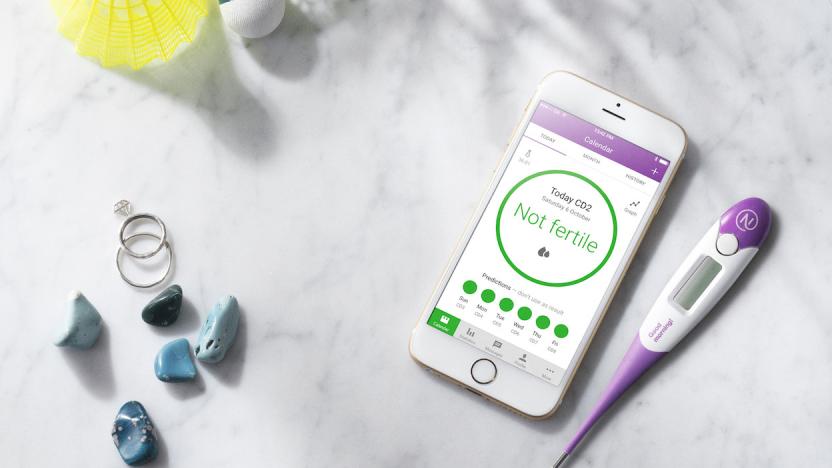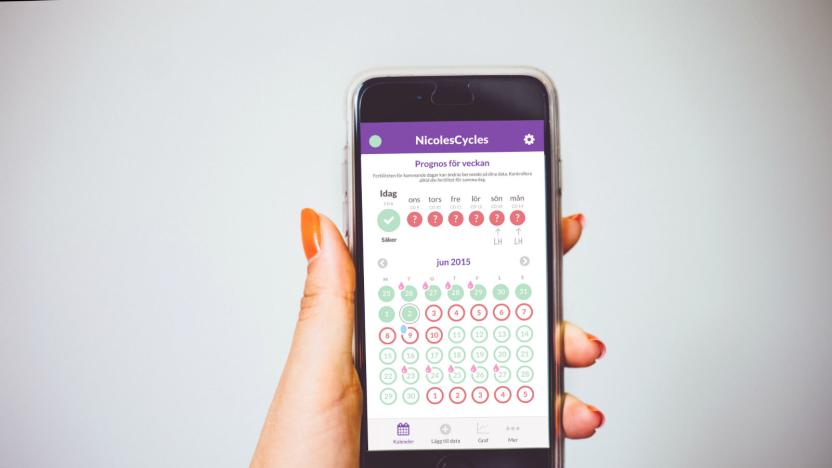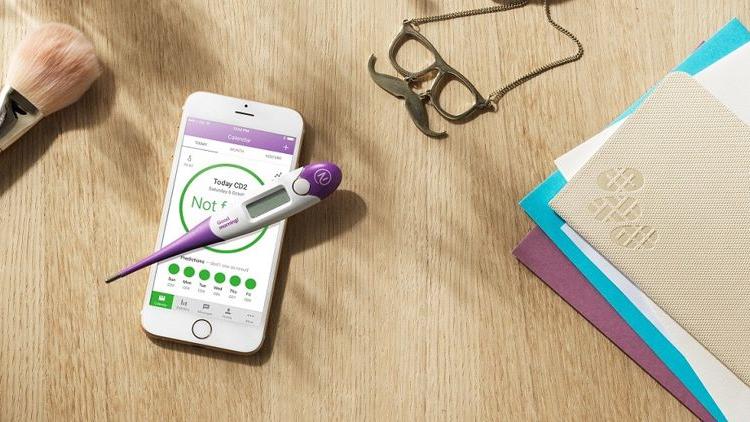contraception
Latest

FDA approves contraceptive app Natural Cycles
The FDA has now granted marketing approval to an app that tracks a user's temperature and menstrual cycle in order to determine which days they are fertile and which days they aren't. The contraceptive app, called Natural Cycles, was approved in Europe last year. "Consumers are increasingly using digital health technologies to inform their everyday health decisions, and this new app can provide an effective method of contraception if it's used carefully and correctly," said Terri Cornelison, assistant director for the health of women at the FDA's Center for Devices and Radiological Health. "But women should know that no form of contraception works perfectly, so an unplanned pregnancy could still result from correct usage of this device."

Contraceptive app under fire for causing unwanted pregnancies
A contraceptive app used by more than 500,000 women has come under fire after reportedly causing 37 unwanted pregnancies. Stockholm's Södersjukhuset hospital has now reported the Natural Cycles app to the Swedish Medical Products Agency (the government body tasked with the regulation of medical devices) according to news outlet SVT.

Natural Cycles says contraceptive app is more effective than the pill
Contraceptive app Natural Cycles is more effective than the pill, according to the latest and largest study into the app's efficacy. After testing 22,785 women throughout 224,563 menstrual cycles, the startup found the app provided 99 percent contraceptive effectiveness if used perfectly. If used "typically", the app was 93 percent effective. The contraceptive pill, meanwhile, is 91 percent effective.

Doctors look into the best ways to deal with periods in space
Two doctors have explored female astronauts' options when it comes to suppressing their periods in space, especially for long-haul missions. While we already know by now that there are no menstrual issues associated with microgravity, some (if not most) might still consider it a huge hassle. Who'd want to deal with a heavy flow in the middle of a spacewalk? According to Varsha Jain, nobody. Jain, one of the two doctors who already works closely with NASA, told The Atlantic: "The women that I spoke to, for short duration flights, when they went up on shuttle missions, they chose either to suppress or they chose to time their cycles, so they didn't have to deal with their menstruation..."

Birth control for men comes down to flipping a switch
Birth control for men still tends to be divided between condoms (which aren't always fun or reliable) and more drastic surgical procedures like vasectomies (which are frequently permanent). Not exactly ideal, is it? However, inventor Clemens Bimek thinks he can make it just a matter of flipping a switch. His Bimek SLV project uses tiny, switchable valve implants to prevent sperm from entering the semen stream. If everything goes well, you'd have surefire contraception without dulling sensations or ruling out children altogether -- you'd just have to switch it off the moment you're ready to try for kids.

Future contraceptives will let women remote-control their fertility
Contraceptive implants are nothing new, but the current generation of progestogen-releasing devices need to be replaced every three years and have to be removed if you want to try for a baby. That may change soon, however, now that the Gates Foundation is backing a Massachusetts biotech company to build the next generation of implantable devices. MicroCHIPS Inc. is building a wirelessly controlled implant that slowly pumps out drugs and could, theoretically, only need replacing once every 16 years.

Game Boy condom concept helps you level up
Just like the iCade, this is one of those "just for fun" ideas that actually seems to make a great deal of commercial sense. Think about it, Nintendo has sold bajillions of handheld consoles in its time, and it keeps churning out sequels that mean even newer followers are familiar with such classics as Donkey Shlong. And Mario's mushroom-related growth spurts? Marketing gold! So why not capitalize on all that brand awareness with this selection of cheerfully colored condom cases? Designed by Ben Marsh and Julia Roach, they aim to "create a desire to purchase the product for aesthetic reasons," and quite frankly, they do succeed. This certainly puts a whole new spin on the idea of power-ups, though.





